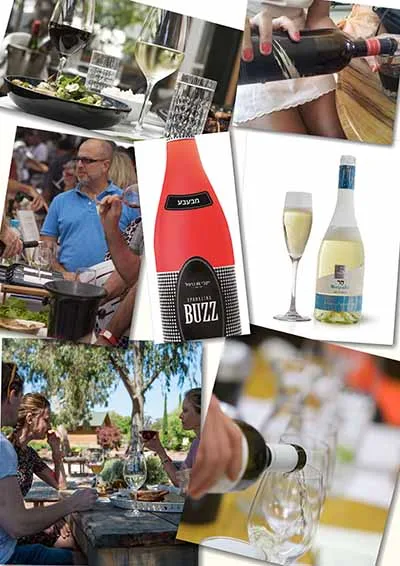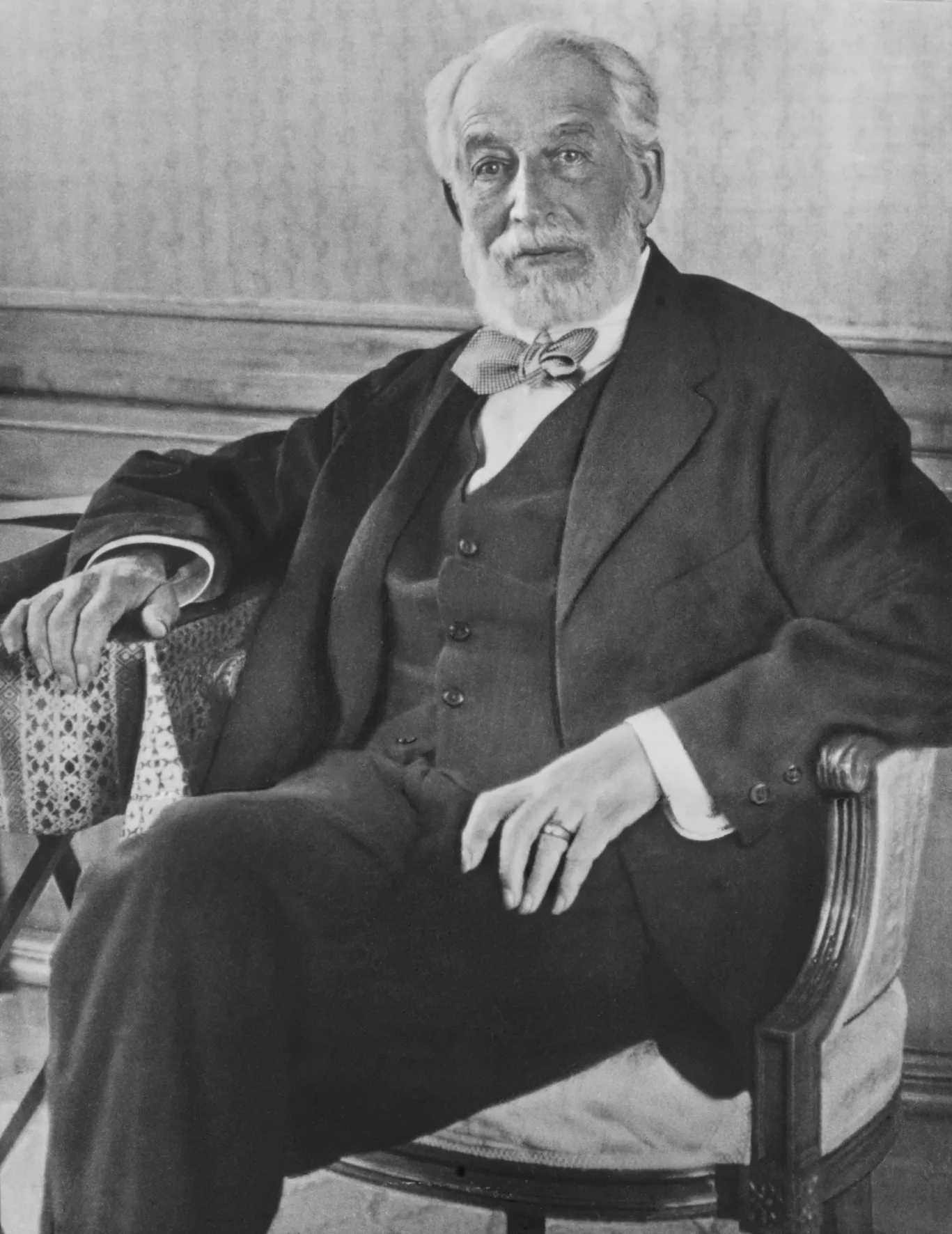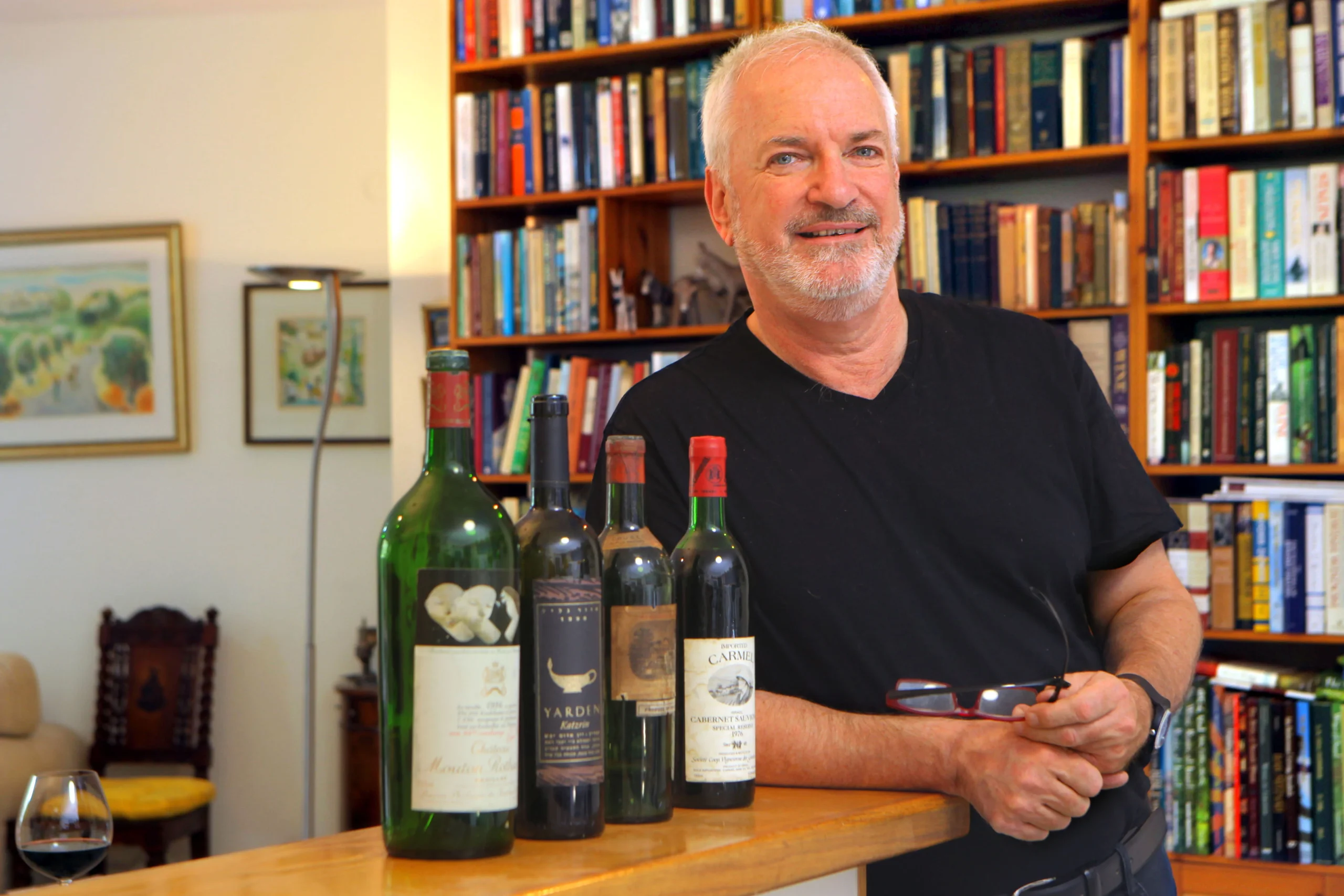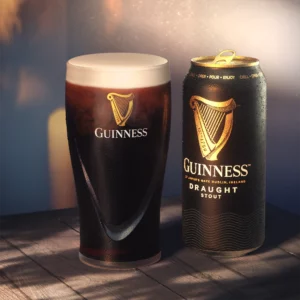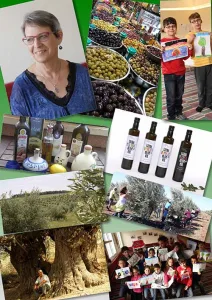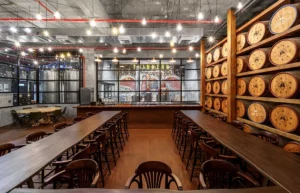Don’t shout it from the rooftops, but the majority of people are not that interested in wine. Most people don’t go to tastings, don’t check wine scores or read wine articles. They don’t know the difference between Merlot and Cabernet, or even Merlot or Pinot Noir. They just don’t care. However, some of them buy wine and enjoy drinking it. Their criteria for choosing is refreshingly simple. To choose what is tasty and drink what they like.
Those of us in the wine business have a passion that extends beyond the drink itself. We like to talk about wine and read about wine, almost as much as drinking it. Yet, all of us in the wine trade are guilty of building an ivory tower, which is only accessible to those who speak the language. We are rightly accused of only speaking about wine in terms of baskets of fruits or critic scores. We rave about winemakers like famous chefs, and discuss different vintages, terroir, soils and elevation, which are part of the fascination that makes wine so much more than just a drink. I admit the talk is pretentious, elitist and I suppose it is a self-perpetuating club. The disease is fairly widespread amongst winos.
Wine also seems to encourage a look at me culture. A less appealing new fad amongst wine lovers is regularly posting on Facebook rows of bottles to show what they are drinking. Presumably the number of wines and quality of wine, contributes to one’s standing in the wine connoisseur pecking order. I find it sad and a slightly warped concept of what wine should be about. ‘Show off and share it’ seems to be the byword for many wine lovers.
However, there are many other people who drink wine without a symposium. They are not interested in forest fruits or Parker points. They look for what is tasty and are not particularly bothered by the wine speak of the wine intelligentsia. When did you last hear someone talking about the wonders of Barkan Classic, Carmel Selected, Mount Hermon or Segal’s Wines? Yet there are millions of these bottles being sold each year. My conclusion is that there are people who buy wine to talk about and others who buy wine to drink.
Look at the massive sales of the semi-sweet Blue Nun (known as Blue Wine in supermarkets). Add to that the Lambrusco and Verdi drinkers and those that like Moscato. These are wines that many professionals will sneer about. Don’t disparage the wine drinker who buys what he likes. I have encountered more than one wine shop manager who talks about Blue Nun in terms of embarrassment. “We sell Blue Nun because we have to” said one, “but it is not really wine.” Well, actually it is and the proof of the pudding is in the eating. Blue Nun sells nearly two million bottles a year here.
I am a kind of wine snob, because I love delving into the intricacies of wine. I spend my life typifying the wine lover stereotype and educating people to understand more about what they drink. Yet I hate wine snobbery. Therefore, I want to support the real wine drinker who is teaching us that wine is to drink and that it should be fun and tasty. I think we can learn from them…and I am happy to encourage them. So here are a few pointerss to make them less self- conscious about their wine choices.
Whilst the sophisticated few debate which Riedel glass to use, (and they propose a different glass for every wine), we should remember that many real people don’t own a wine glass. These days help is at hand because many supermarkets or wine shops offer cheap, good quality glasses. One is all you need, and if you do not have one, drink from whatever you have at home. A tumbler will do. The French or Italian agricultural worker who can be seen in a bar late morning after an early morning’s work, is not wrong. He will be drinking wine from a tumbler but he is not a peasant. He is simply enjoying wine in its purest form. For me the best part in the film ‘Sideways’ is when the hero drinks his expensive bottle of wine in a plastic cup in a hamburger joint. His feeling was most likely: “If I don’t care, why should anyone else?”
The most risible comment by so called wine experts is “I only drink red wine” as if to explain how much they understand this complicated world. It is quite common to hear this refrain here. To me it is a nonsensical stance, suggesting ignorance more than knowledge. Anyway, white wines are coming back in. They are perfect for our climate, often go better with food and there is lots of variety to suit different tastes. Certainly, don’t feel inferior if you prefer white and do not drink ‘only’ red.
Likewise rose has had a reputation of being a poor man’s wine. It is true that for many years, rose was a cheap wine in Israel, not great quality and suitable only for those uncertain whether to choose red or white. Well, I am happy to say rose wine is ‘in’ and there some high quality roses about. Usually beautifully colored, they go well with our food, with our heat and humidity and they are almost symbolic of the Mediterranean. Drink them proudly without a second thought about what people with think.
Matching food and wine is fraught with problems for most people. Whereas the wine snob will relish the challenge of matching the wine to the sauce or the strongest ingredient, ordering wine in a restaurant or purchasing wine for a dinner party at home, can be an ordeal for many others. My advice to the real drinker is it really does not matter. Order what you like and drink it without feeling you need to impress. Good food goes with good wine. If you drink red wine with fish or white wine with meat, the roof does not fall in. Some say ‘match the wine to the mood, not the food.’ What might be more practical advice is ‘match the wine to the person, not the dish.
Sweetness is a no-no to the wine expert (unless we are talking about expensive, rare desert wines.) The wine snob may relate sweet to Kiddush wine and frown at inexpensive sweet wines. Many real people find white wines too sour and red wines too astringent, in the same way many people find coffee too bitter. They are able to drink their coffee only with copious amounts of milk and sugar, but are frowned on if they like a sweet wine. I once gave a tasting on the radio of all the expensive wines in a winery portfolio. At the end I asked the host which he preferred. He was embarrassed, as though he was about to say something forbidden. “Actually, I liked the sweet one best” he said! I have learnt he is not alone. To the wine jury, I say people have ketchup and coca cola with a meal and they are sweet. So, if someone prefers a sweet wine with a meal, why not?
There is a stigma against buying cheap wines, though I can’t understand why. It really is ok to buy, drink and enjoy a wine costing less than 25 shekels. Again, many times the wine lover will say with indignation ‘I don’t buy wine at that price’, probably thinking it says something about them if they do. However, if you were to hide the source of the bottle and give a blind tasting, they might actually quite like it. I agree that at these price points, the wines are to drink and not taste like a pro, but considering the price, they are really not bad and if served chilled, very quaffable. It may surprise you, despite that despite all the talk, that even the wine expert does not drink Margalit, Yarden Katzrin or Castel Grand Vin every night.
It really is OK to drink so called unsophisticated wines. Some people like Lambruscos or Moscatos, not because they have won a medal, but simply because they are tasty. These are fun wines. You can permit yourselves to enjoy something, without having to explain why you like it.
I love a spritzer. It is a fantastic summer drink. All you have to do is add sparkling water, to your wine. Just because the Yekkes from Germany liked to add soda water to Carmel Hock pre-State, does not mean it is has to be passé. In fact, it is a great idea and one of the most refreshing and invigorating ways of drinking wine. In our climate it is ideal and amongst a few friends a bottle can go a long way. I say bring the spritzer back! I am all for it.
Please do not be intimidated in the restaurant by the ordering and tasting procedure. Either feel free to order what you want or don’t be afraid to ask for advice. We all do it. Also, it is ok not to taste the wine you have ordered in the restaurant. You will be approached by a formidable looking wine waiter. When asked if you want to taste the wine, you are then expected to perform the tasting ritual in front of your guests or family. You don’t have to play this game. Just say ‘no thank you, please go ahead and pour.
Many wine people frown on a wine with a screw cap. This is really out of date. Screw caps are good even for quality wines. In any case, why make things difficult for yourself? One can never find the opener anyway and if you can, you can never remember how to use it. Today there are fine wines sold by screw cap. It is practical, sensible and modern. A wine is not less impressive because it doesn’t have a bit of tree bark in it to stopper up the bottle.
As far as temperatures are concerned, white wines are often served too cold and red wines too warm. In fact, I believe even the finest red wines should be served after 20 minutes in a domestic fridge. With high alcohols here, a red wine can lose its shape when served at room temperature. Therefore, don’t recoil from chilling a red wine. It will be served chilled from most cellars or wine fridges anyway and will swiftly warm up in the glass.
The professional will know how to get a bottle cold quickly, but if you want to follow your best instincts, and add a couple of ice cubes to your wine, do it! Where did we get so precious that we feel embarrassed about adding a couple of cubes of ice to a glass? We do it with whiskey sometimes and there are no thunderbolts. Wine is mainly water, so what the hell. The sommelier who frowns at this request in a restaurant is not worthy of the job. The customer is always right.
My message is put wine in its rightful place. Do not feel you have to impress or conform. Wine is not a straightjacket any more than religion is just ritual. The tent is broad and there is room for everybody. There is not only one truth. Let all who are thirsty, come and drink from the fountain in the way they choose. Drink what you like and how you like! I will continue educating about wine and sharing the passion, but I want also to give space to all those who like wine in a less pretentious way. Most of all I want to thank them for reminding us all, not to take wine too seriously.
Adam Montefiore has advanced Israeli wine for over thirty years and is referred to as the ambassador of Israeli wines. He is the wine writer for the Jerusalem Post. www.adammontefiore.com


